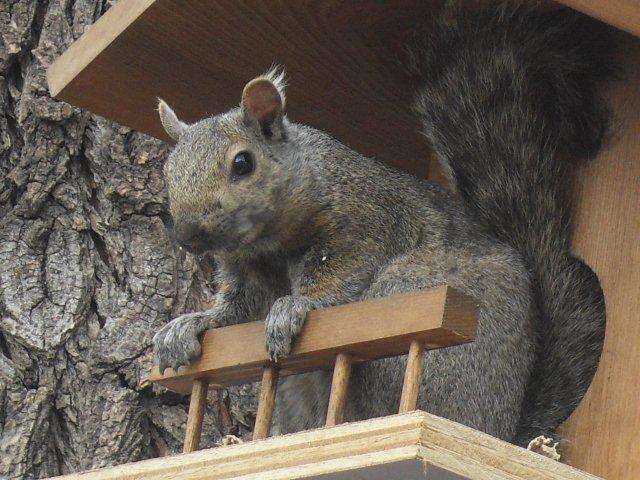 "Poetry teachers, editors, judges and critics should be free of any aesthetic understandings."
"Poetry teachers, editors, judges and critics should be free of any aesthetic understandings."The speaker isn't referring to a narrow perspective of poetry, as in Frost's "tennis without a net" view of free verse. No, this isn't about form, style or genre. The statement is that judges, editors, critics and teachers should have or, at least, exhibit no pre-existing understanding of poetry whatsoever. They cannot apply even the most quantifiable technical criteria, lest they discriminate against "new" (read: pre-prosodic) schools that reject all of these "antiquated ideas". In the words of someone who should know better, poetry is best evaluated by someone "who is not bound by what she or he thinks poetry is supposed to resemble."
What is this? The Schrödinger's Cat Theory of Criticism?
Slams are, indeed, often judged by innocent bystanders who harbor no expertise or interest in poetry. Is that the model being championed here?
Let's leave aside the impossibility of finding anyone with no predispositions regarding the many "forms of boredom advertised as poetry". We'll overlook the paradoxical requirement that poetry teachers not seem to know anything about poetry's components; that one is too convoluted for my tiny squirrel brain to grok. The fact is that even the most rudimentary knowledge of technique is, itself, an aesthetic. What is the purpose of learning what an iamb is if there is no implication that such cadences help make poems more effective?
Once you remove all of the crowd-pleasing but "prejudicial" techniques that have been handed down to us through the eons what criteria remain?
If everything is poetry, nothing is.
What if this anti-aestheticism were to become widely accepted? My fear is that mealy-mouthed relativism would prevail; poetry would be assessed according to substance with no regard to rhythm, sonics or performance; criticism would be reduced to annotation and blurbing; coherence, grammar and punctuation would be sold as aesthetic issues; and, prose writers could narrow their margins and win poetry awards.
Oh, wait...

No comments:
Post a Comment
Your comments and questions are welcome.